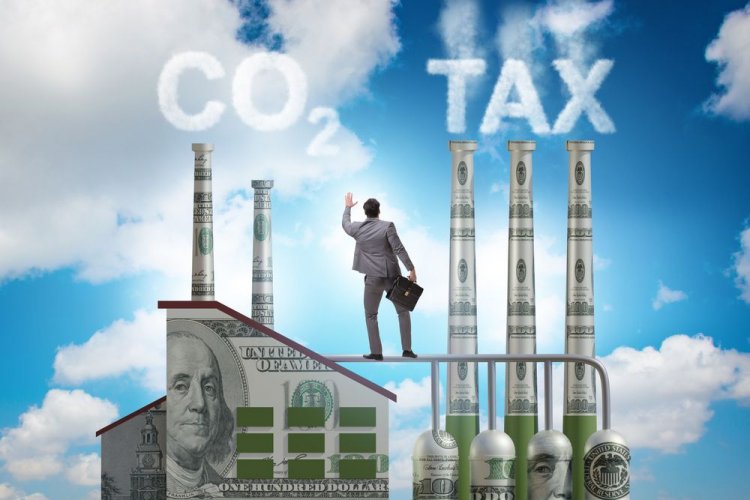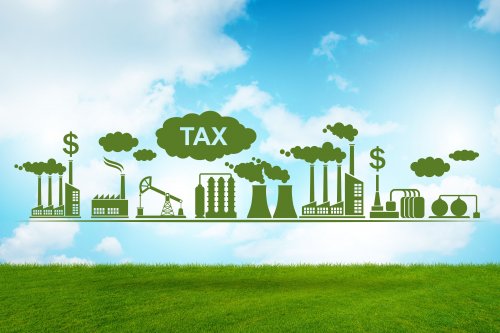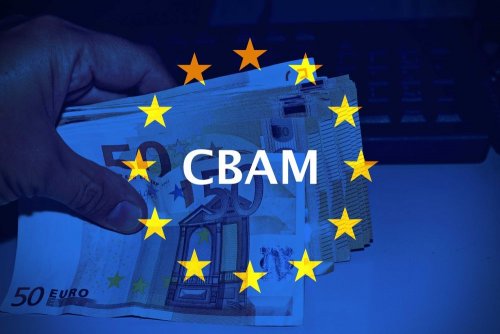EU carbon prices will rise sharply by 2027, rising to €111.14 per tonne, as policy measures reduce supply.
Such forecasts were voiced by 9 analysts interviewed by Reuters the other day.
Their average carbon price forecast for 2027 was €111.14 per tonne, much higher than the current price of €62.50 per tonne.
EU quotas (EUA) are forecast to average €76.88 per metric ton in 2025 and €92.48 in 2026, up 0.2% and 1%, respectively, from July forecasts.
"We expect market participants to pay more and more attention to the upcoming reduction in market supply. 2027 will be a very busy year," said Hege Fjellheim, Head of Carbon Analysis at Veyt.
He said that against the background of the "Fit for 55" framework program, which reduces the supply of new quotas, the market stability reserve continues to absorb the surplus left on it. "Fit for 55" aims to reduce net greenhouse gas emissions in the EU by 55% by 2030 compared to 1990 levels. At the same time, the market stability reserve is a mechanism for removing excess permits from the market.
"In the near term, the price of carbon allowances is likely to continue to trade in a wide range in line with natural gas prices in the EU. However, this relationship will weaken over time as the industrial sector takes over as a key driver of emissions from the energy sector," he said. David Oxley, Chief Climate and Commodities Economist, Capital Economics.
EU Emissions Trading System (ETS) is the main European instrument that limits emissions to achieve climate goals. It forces manufacturers, energy companies and airlines to buy allowances for the carbon dioxide they emit.
Earlier, EcoPolitic told that Canada and the EU have come to an agreement help develop global carbon pricing. We also reported that Azerbaijan wants to introduce own system of carbon quotas.





